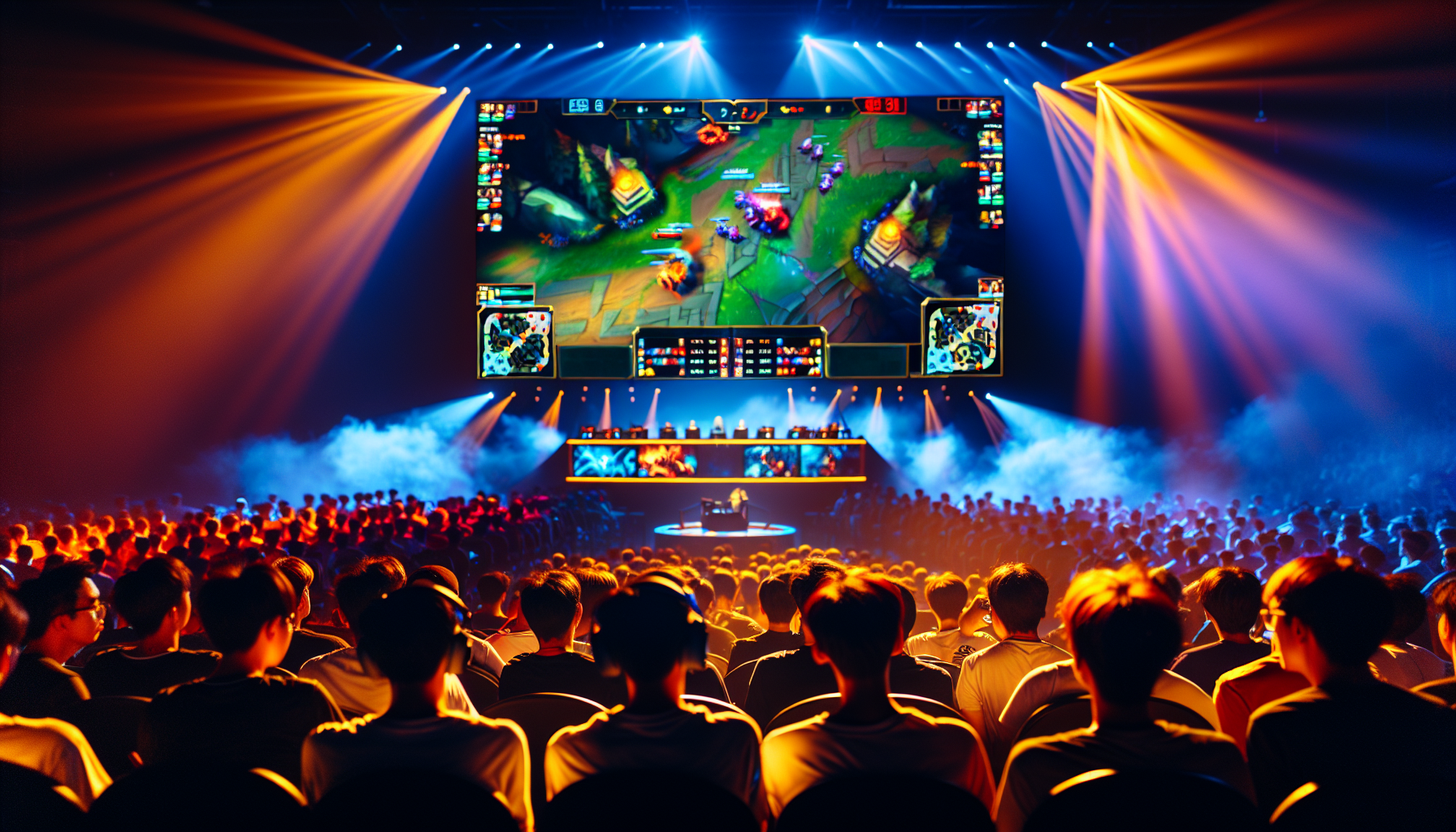The world of sports has long been dominated by physical endeavors, from the roar of stadium crowds to the spectacle of athletes pushing their physical limits. However, a new era of competition has emerged in the form of e-sports, reshaping the global competitive landscape and challenging traditional notions of what it means to be an athlete.
E-sports, short for electronic sports, involves organized, competitive video gaming where players and teams compete in various video game titles. This digital arena is witnessing exponential growth, appealing to a diverse audience that spans all ages and demographics. The rise of e-sports is not merely a trend; it's a cultural shift that is redefining the term "sport."
One of the driving forces behind the rise of e-sports is the increasing popularity of certain video games that have become staples in competitive gaming. Titles like "League of Legends," "Dota 2," "Counter-Strike: Global Offensive," and "Fortnite" have captivated millions worldwide. These games offer not just entertainment but also a platform for strategic thinking, teamwork, and real-time decision-making, much like traditional sports. Each game brings its unique style of play, rules, and strategies, allowing players to showcase their skills on a grand stage.
Leading the charge are top-tier teams like Team Liquid, Cloud9, and Fnatic, whose players are as revered in their community as any basketball or soccer star. These organizations have built professional infrastructures to support their athletes, providing coaching, fitness regimes, marketing strategies, and financial incentives. The professionalism of these teams underscores the seriousness and dedication required to succeed at the highest levels of e-sports.
The global impact of e-sports extends beyond just the gameplay. Entire continents are embracing this digital phenomenon, with regions like North America, Europe, South Korea, and China serving as epicenters for competitive gaming events. International tournaments, such as "The International" for Dota 2 and the "League of Legends World Championship," draw audiences in the millions, both in-person and via online streaming platforms. The viewership numbers often rival those of traditional sporting events, highlighting e-sports' massive appeal.
This burgeoning industry is also influencing other sectors. Advertisers and brands are keenly aware of e-sports' potential, engaging with its audience through sponsorship deals and partnerships. The economic ripple effect has led to more opportunities for content creators, streamers, and even educational programs dedicated to e-sports management and game development.
Moreover, e-sports are challenging stereotypes and offering new pathways for inclusion in the competitive world. Players from different backgrounds and regions come together, transcending geographical and cultural barriers. The inclusivity of e-sports is reflected in its broad and diverse community, where the only limit is skill and passion.
As we continue to witness the rapid evolution of e-sports, it's clear that this new era of competition is here to stay. It is an exhilarating chapter in the history of sports, blending technology, strategy, and creativity. E-sports not only reshapes how we view competition but also opens up infinite possibilities for the future of entertainment and global camaraderie. As digital landscapes expand, so too does the potential for e-sports to inspire, connect, and thrill audiences around the world.
